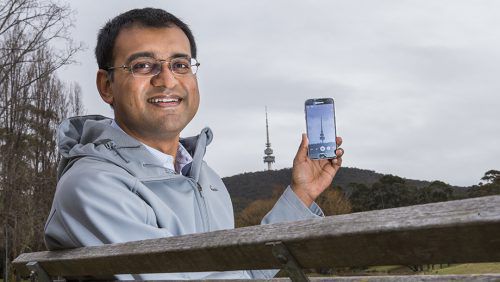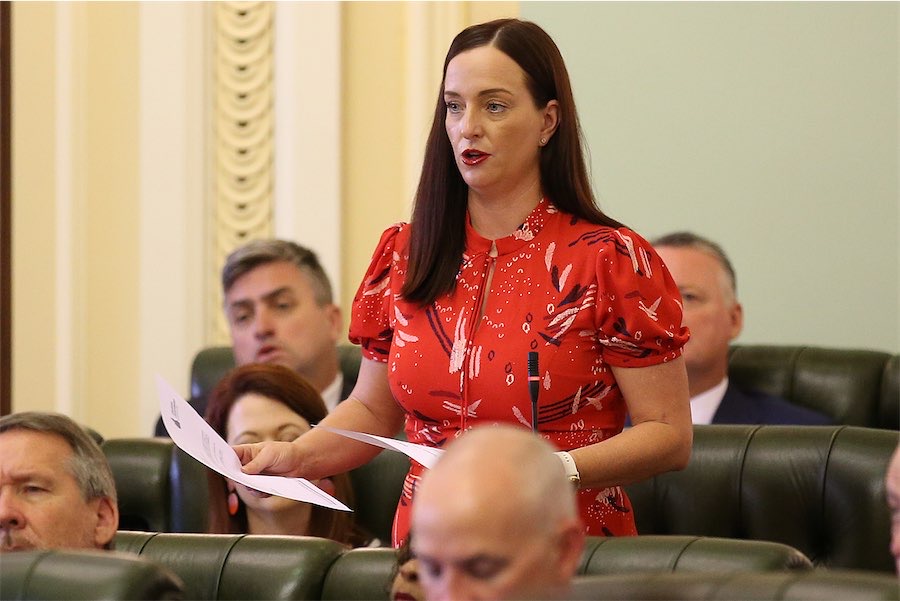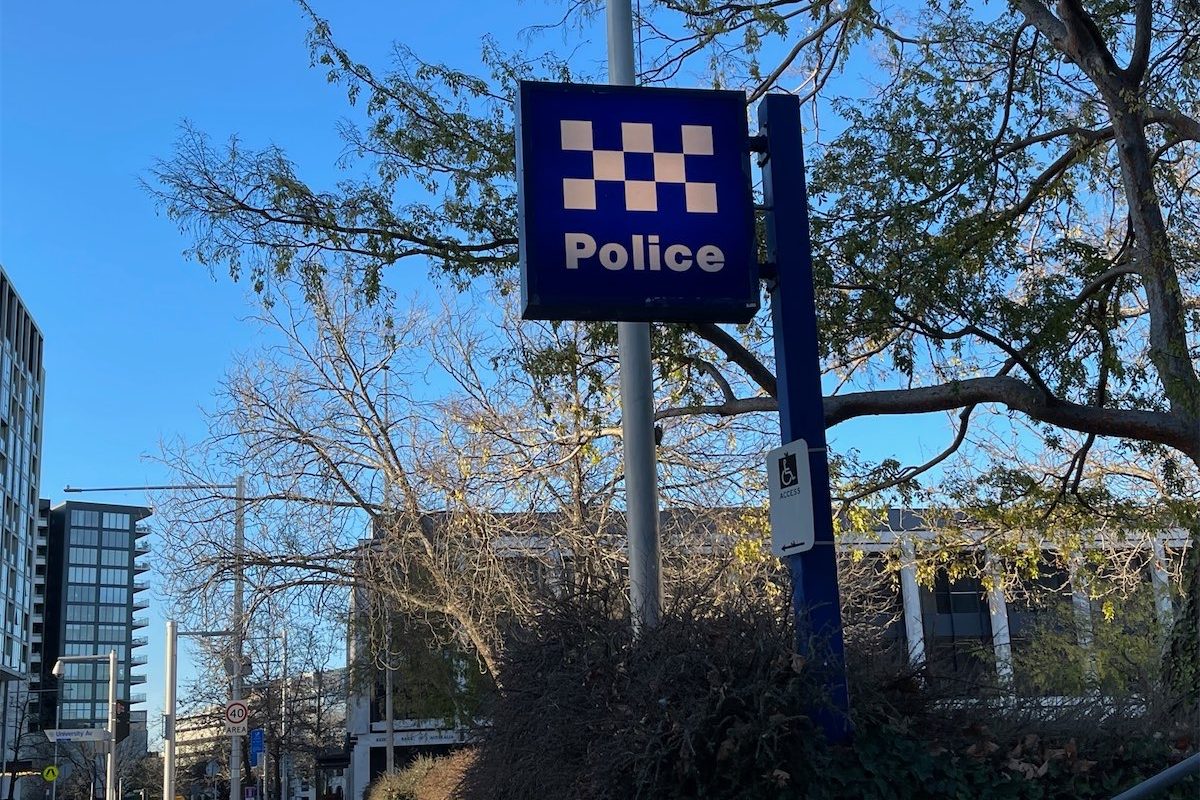DR SALMAN Durrani from the ANU Research School of Engineering says his team is a step closer to harvesting renewable or ambient energy from mobile phone base stations to power battery-operated wireless sensors used in industries including health and agriculture.
“Current wireless sensors for buildings, biomedical applications or wildlife monitoring use batteries which are often difficult to replace,” Salman said.
“ANU researchers have accurately modelled how much energy it takes to sense and transfer information by wireless sensors. They are working on further ways to analyse the problem.
“A major problem hindering the widespread deployment of wireless sensor networks is the need to periodically replace batteries.
“Wireless sensors are increasingly being used in many aspects of daily life. For example, Australian viticulture uses sensors to measure temperature, wind speed, light, humidity and soil moisture to optimise the growth of grapes and prevent crop loss due to excessive heat or frost.
“Wireless sensors are used in various Australian sports, such as rowing, to collect performance data from athletes. They are also used for condition monitoring of structures such as bridges and machinery in factories.
“The research found it was feasible to replace batteries with energy harvested from solar or ambient radio frequency sources such as communication towers or other mobile phone base stations, with communication delays typically limited to less than a few hundred milliseconds.
“Although the technology is years away, the research dealt with an important practical problem.
“If we can use energy harvesting to solve the battery replacement problem for wireless sensors, we can implement long-lasting monitoring devices for health, agriculture, mining, wildlife and critical national infrastructure, which will improve the quality of life,” Dr Durrani said.
The research has been published in IEEE.
Who can be trusted?
In a world of spin and confusion, there’s never been a more important time to support independent journalism in Canberra.
If you trust our work online and want to enforce the power of independent voices, I invite you to make a small contribution.
Every dollar of support is invested back into our journalism to help keep citynews.com.au strong and free.
Thank you,
Ian Meikle, editor





Leave a Reply